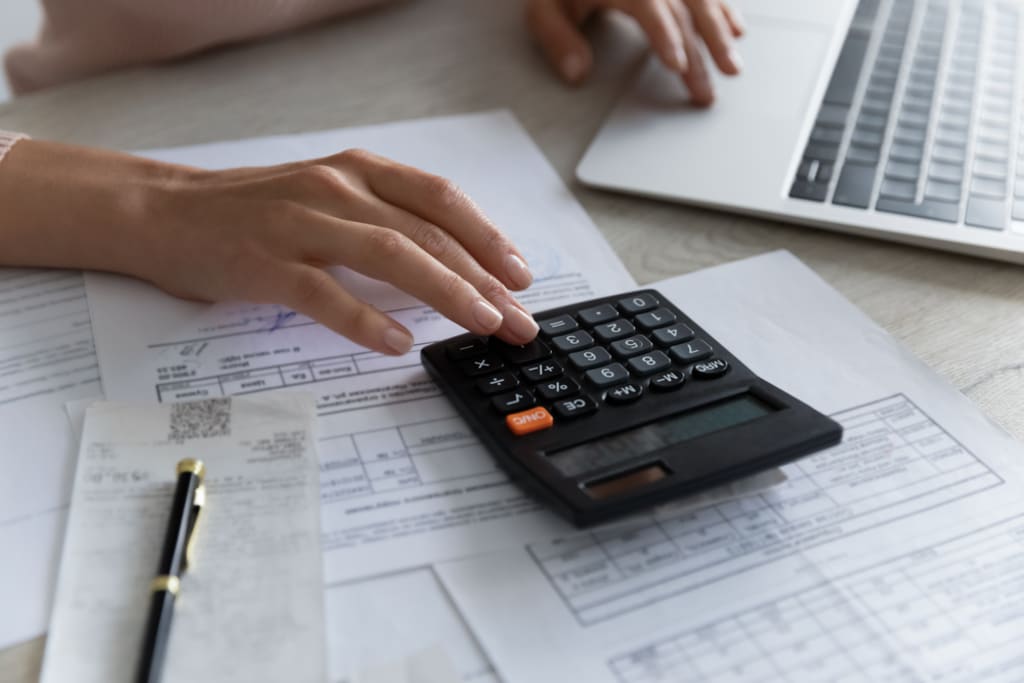
Creating a Comprehensive Property Management Budget
Creating a comprehensive budget is crucial in property management to effectively plan and allocate financial resources. It involves estimating income, projecting expenses, and considering factors such as maintenance, repairs, and vacancies. By developing a detailed budget, property managers can better understand the financial needs and limitations of the property, allowing for proactive decision-making and financial stability.
Utilizing Historical Data for Accurate Forecasting
Historical data analysis is a valuable tool for accurate forecasting in property management accounting. By analyzing past financial trends, property managers can predict future income, expenses, and market conditions. This enables them to make informed decisions regarding rent increases, cost-saving measures, and property improvements. By utilizing historical data, property managers can forecast cash flow, identify potential risks, and plan for future financial success.
Importance of Cash Flow Management in Property Management
Keeping a tight grip on your cash flow is crucial in property management. After all, cash is king, and without proper management, you might find yourself in a money pit. Effective cash flow management ensures that you have enough funds to cover expenses, pay vendors on time, and maintain a healthy financial standing.
Strategies for Optimizing Cash Flow in Property Management
To optimize your cash flow, start by setting realistic rental rates that align with market trends. This will help you attract tenants while maximizing your income. Additionally, property management outsourcing implementing a thorough screening process for potential tenants can reduce the risk of late payments or evictions.
Another strategy is to negotiate favorable payment terms with vendors and suppliers. By extending payment deadlines or seeking discounts, you can better manage your outgoing cash flow. Additionally, incentivizing early rent payments with discounts or rewards can help improve your cash position.
Lastly, keeping a close eye on your expenses and reducing unnecessary costs is essential. Regularly reviewing your budget, renegotiating contracts, and implementing energy-efficient measures can all contribute to healthier cash flow.
Strategies for Efficient Income and Expense Tracking in Property Management
Implementing a Robust Income Tracking System
Tracking your income accurately is paramount in property management accounting. Implementing a robust system that captures all sources of revenue, including rent, late fees, and other income streams, ensures that you have a clear picture of your financial performance. Utilizing property management software or dedicated accounting tools can streamline this process and minimize errors.
Expense Tracking and Cost Control Techniques
Controlling expenses is equally important. Implementing a standardized expense tracking system allows you to monitor and categorize all costs associated with property management. It helps you identify areas where you can cut back or make more informed decisions regarding cost-saving measures. Regularly reviewing expenses and comparing them to your budget can help pinpoint areas for improvement and identify potential cost-saving opportunities.
Understanding Legal and Regulatory Obligations in Property Management
Property management accounting involves navigating through various legal and regulatory requirements. Familiarize yourself with relevant laws and regulations related to tenant rights, fair housing practices, and landlord-tenant agreements. Upholding these obligations ensures compliance and prevents legal repercussions that can be costly.
Ensuring Compliance with Tax Regulations and Reporting Standards
Staying on top of tax regulations and reporting standards is crucial for property management accounting. Understand the tax laws specific to your location and property type. Accurately reporting income and expenses, as well as maintaining proper documentation, will ensure compliance and help you avoid penalties or audits. Consulting with a tax professional can provide valuable guidance to ensure you meet all obligations while optimizing your tax deductions.
About the Creator
Farzam
We are a complete property management outsourcing solution. We manage everything related to Property answering, property management accounting, maintenance dispatching, and much more. We’ve been managing for over 7 years.





Comments
There are no comments for this story
Be the first to respond and start the conversation.